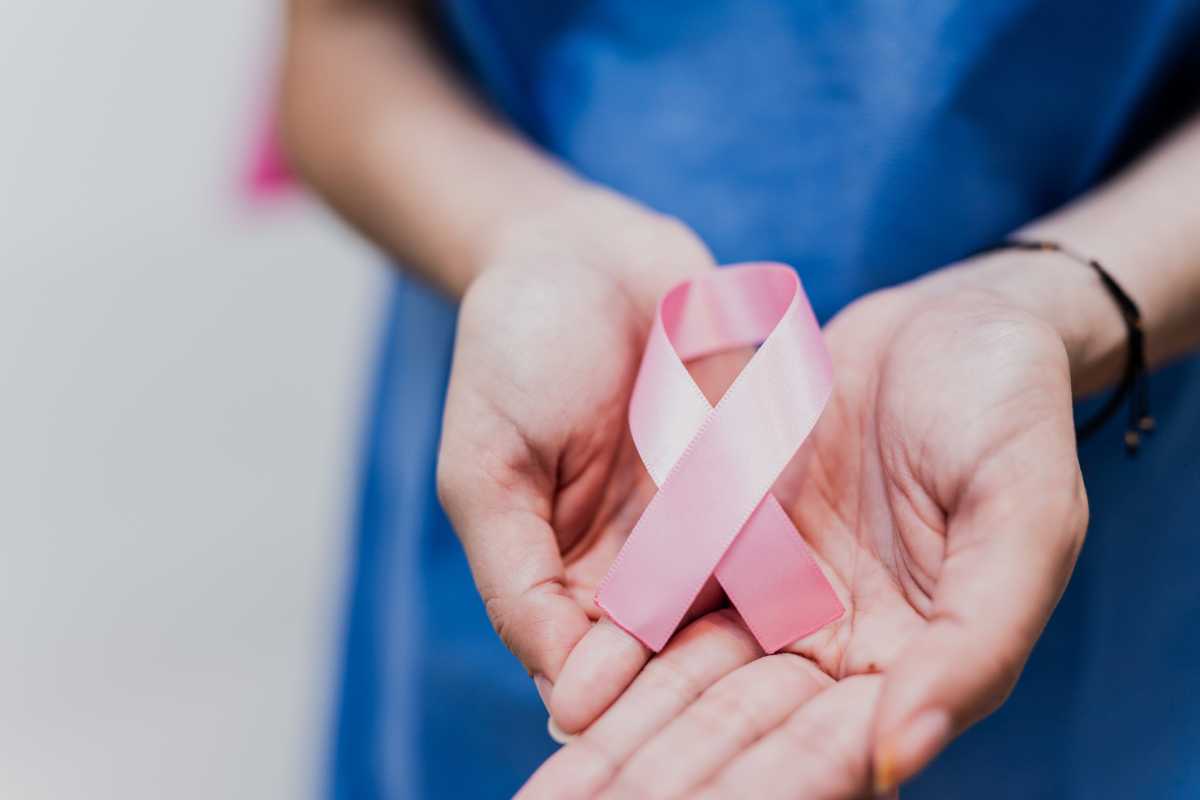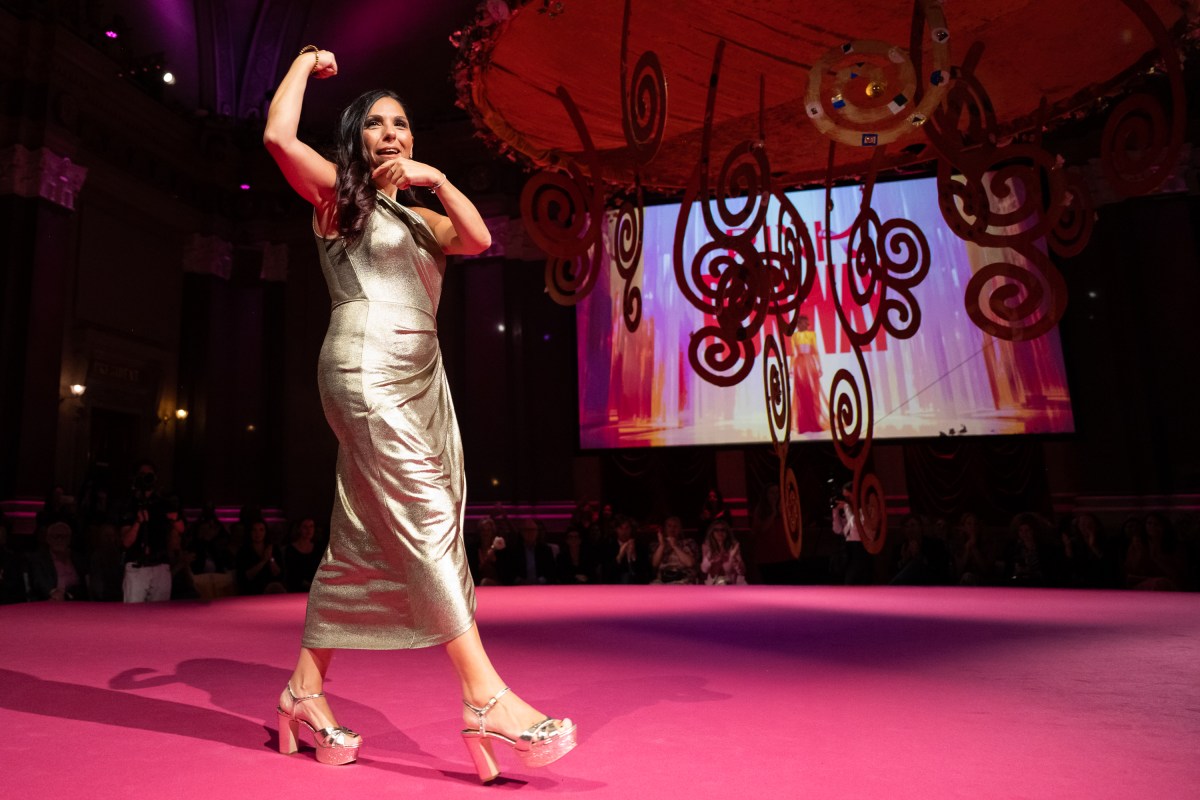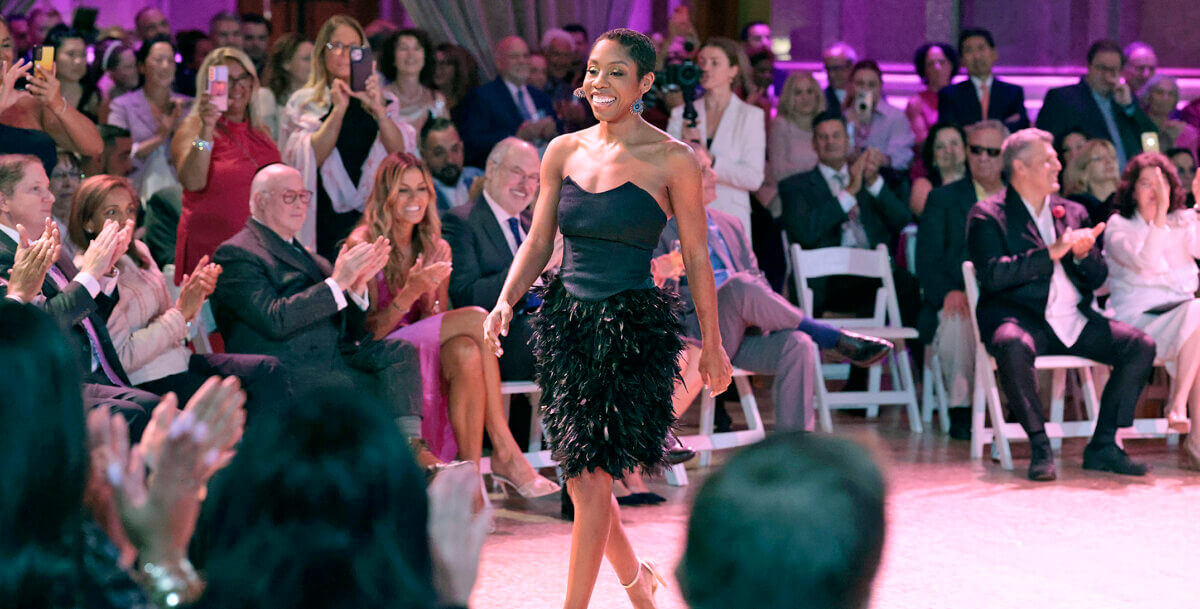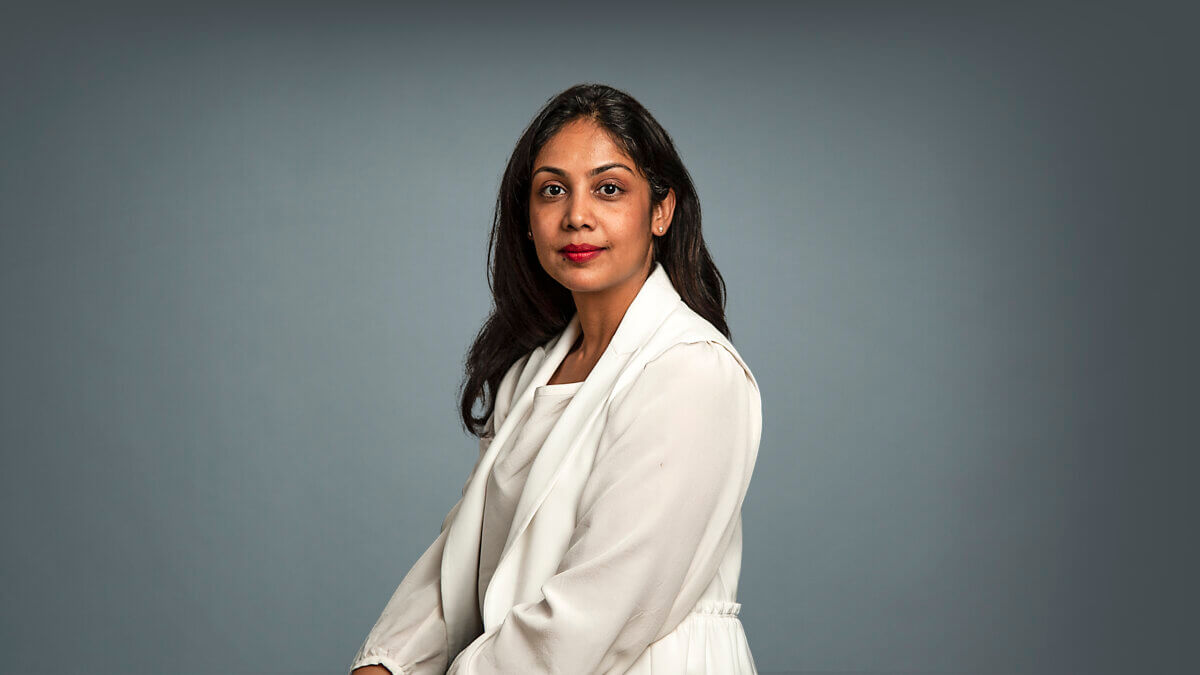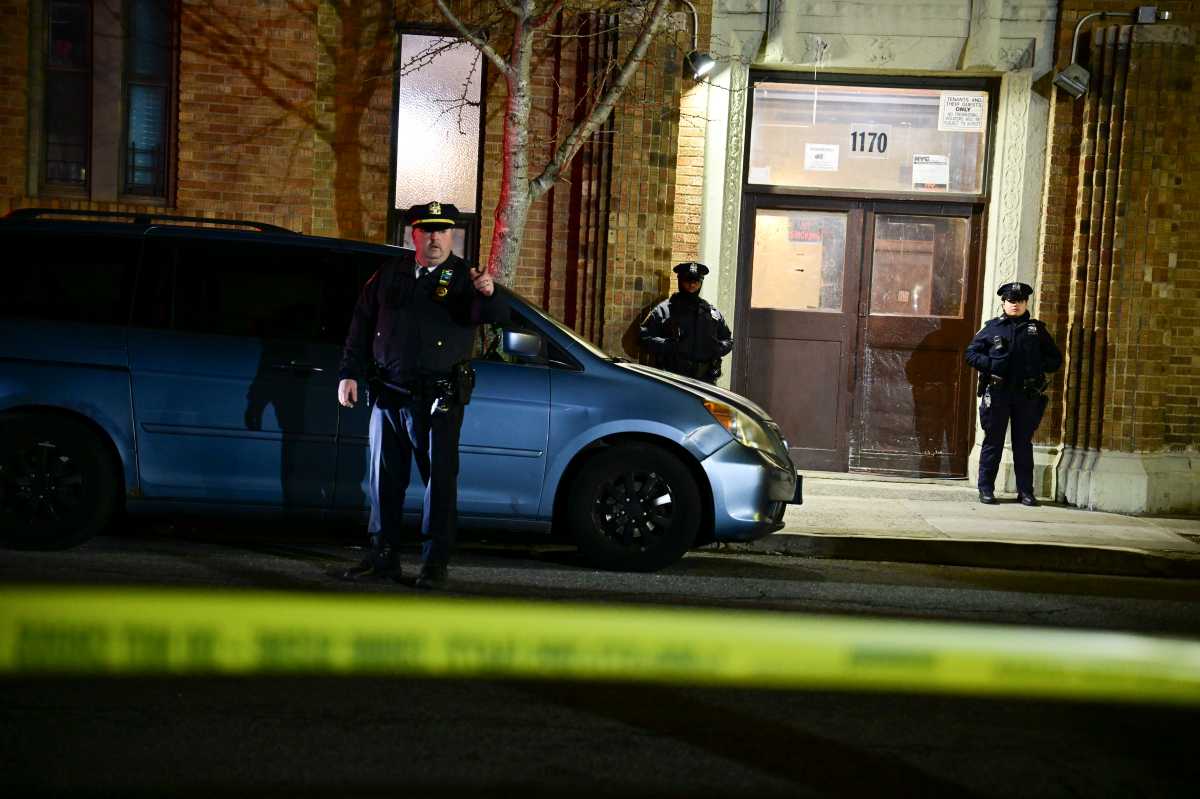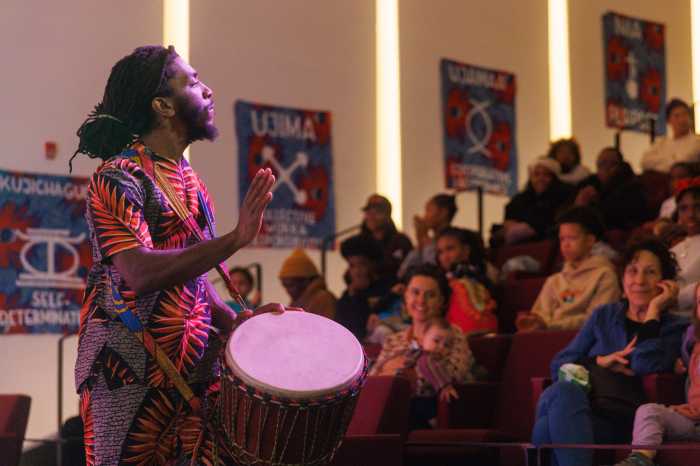I don’t know what I thought a cancer patient looked like, but I didn’t think it looked like me. When I was diagnosed with breast cancer, I was shocked. I had supported others but now I was faced with my own health issue. I was determined not to see myself as a victim, I would see myself as someone who had caught the disease at an early stage, largely because I was proactive about my health. Due to having dense breasts and a family history of breast cancer, I started my mammograms and ultrasounds early, and that vigilance saved my life. However, my story is shaped by more than just early detection—it’s shaped by the silence that came before.
My mother had breast cancer, but she never told me. I vividly remember driving her to get her procedure (a procedure I would later learn was a lumpectomy), yet the words “breast cancer” were never spoken. I know thought about all the women at church who we prayed for who were having “a procedure” Now I wonder how many were quietly battling breast cancer. My mother’s silence allowed the cancer to spread further than it needed to. She didn’t get the information that could have made a difference, and she didn’t talk about it with her family. I knew when it was my turn, I couldn’t be silent.
I chose to speak to doctors at two renowned hospitals, consulting breast oncologists and plastic surgeons. I wanted all the facts before making my decision. After doing my research and speaking with women who had chosen various forms of surgery, I decided to have a mastectomy. It wasn’t an easy decision, but it was my way of taking control and reducing the chance of further spread. And beyond the medical decisions, I also took control of the emotional and spiritual aspects of my journey. I hosted a farewell party for my breasts with family and friends, and I held a Zoom prayer meeting with loved ones. These moments gave me the strength to face my diagnosis on my own terms, and not let it define me.
Breast cancer is not just a personal battle—it’s a public health issue, especially for Black women. We are disproportionately affected by the disease, and many of us don’t get the information or support we need. Black women are also more likely to be diagnosed with triple-negative breast cancer, an aggressive form that doesn’t respond to hormonal therapies and has a higher mortality rate. This makes genetic testing and early detection even more critical. Understanding your genetic predisposition can be life-saving. If you have a family history, getting tested for mutations like BRCA1 and BRCA2 is essential, as these can increase the risk of both breast and ovarian cancers. Knowledge is power, and genetic testing is one of the most important tools we have in the fight against breast cancer.
My doctor Dr. Lisa Newman, a pioneering surgical oncologist and researcher, has focused much of her work on understanding the disparities in breast cancer outcomes, especially for Black women. Dr. Newman’s research has shown that women of African ancestry, including African American women, have a higher likelihood of developing aggressive forms of breast cancer like triple-negative. Her work underscores the importance of tailored treatment, increased awareness, and genetic counseling for women at higher risk.
For those of us with dense breast tissue, mammograms alone might not be enough. Dense breasts can mask cancer on a traditional mammogram, which is why additional screenings like ultrasounds and MRIs are often recommended. Women with dense breasts have a higher risk of developing breast cancer, so early and frequent screenings are critical. The problem is many women don’t know this—either because they aren’t informed by their doctors or because they don’t ask. But we need to ask questions, and we need to advocate for ourselves. Don’t be afraid to push for additional testing if you have dense breasts or a family history. And don’t be afraid to talk about your diagnosis. Silence only feeds fear and ignorance.
I want women—especially Black women—to understand that we cannot afford to stay silent about breast cancer. Our health depends on our ability to gather information, to speak out, and to support one another. Talk to your doctors, ask the tough questions, and don’t be afraid to seek second opinions. Speak with women who have walked this path before you and do your own research.
In my case, taking control of the situation meant talking openly with my family and friends, gathering information, and making a decision that was right for me. But every woman’s journey is unique, and that’s why having access to research, support, and resources is so important. We must be our own advocates and push for the best care possible.
Breast cancer doesn’t have to define us, but we do need to face it. By speaking out, staying informed, and finding the right support, we can take control of our health and our futures. Let’s break the silence and empower ourselves and each other to fight this disease.
Read More: https://www.amny.com/opinion/



